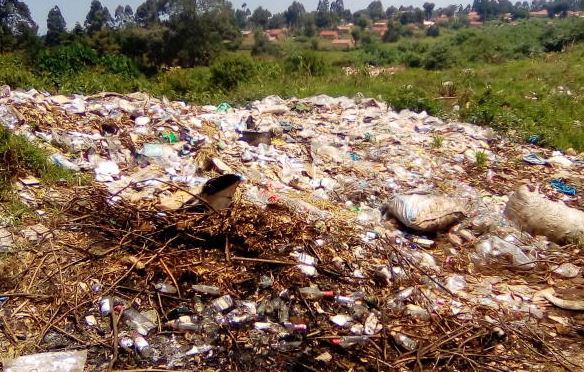×
The Standard e-Paper
Home To Bold Columnists

It is 6am in Kapsabet Town, Nandi County, and traders are unpacking vegetables from the lorries in the market’s main entrance.
Occasionally, they take a peek at decomposing rubbish just outside the gate, with its pungent stench causing discomfort.